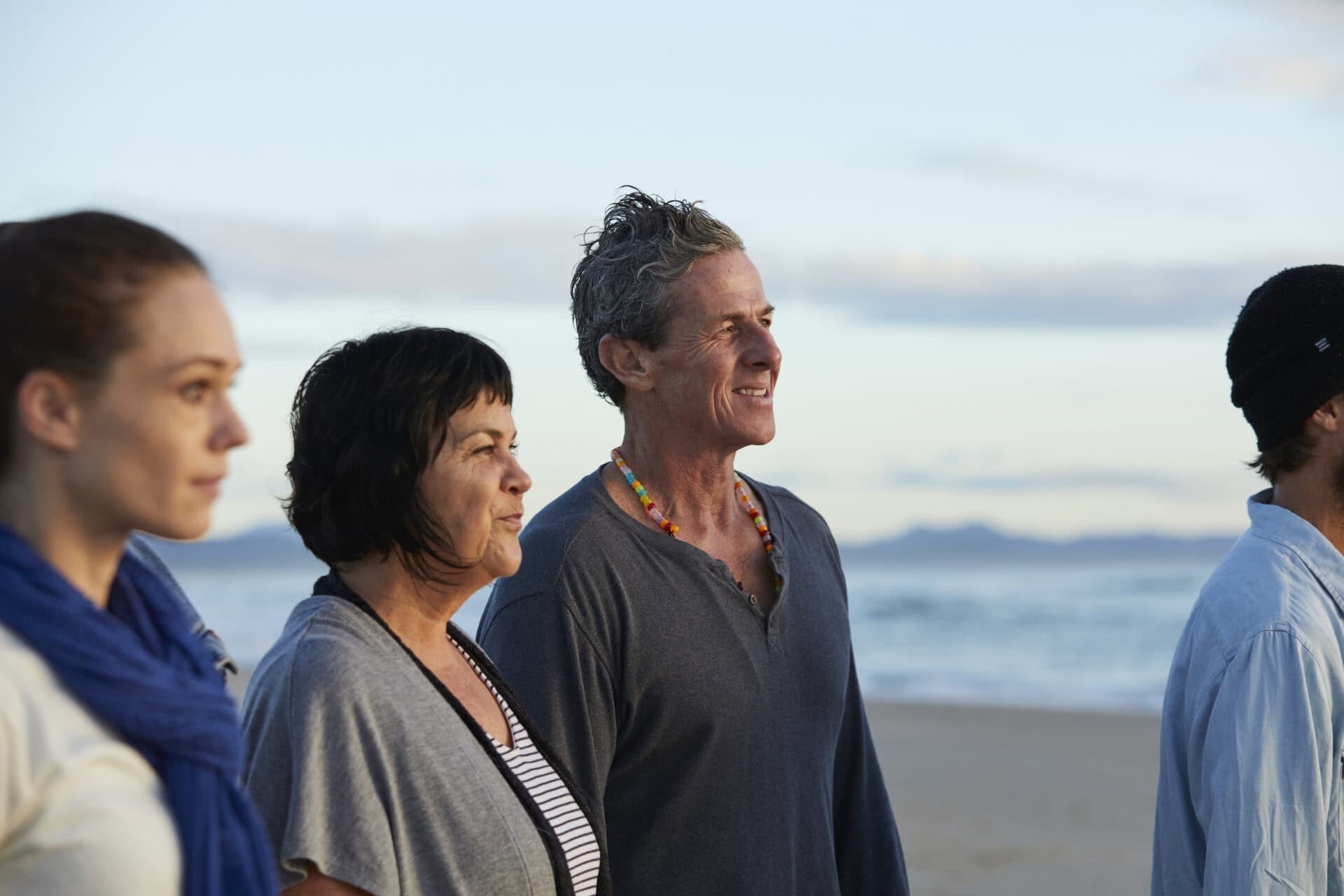We develop and grow not in isolation but in relationship with others. Those relationships may have been positive, self-affirming experiences or for many, quite traumatic, unskillful and overbearing. From our upbringing and environmental impacts we develop ingrained and conditioned ways of relating and responding to others that are often acted out unconsciously.
We may feel that no matter how hard we try, others don’t understand us, or we feel constantly criticised and attacked. These are defense mechanisms and conditioned ways of relating that can only be addressed and healed in relationship with others not in isolation. This is why we believe wholeheartedly in the power of group therapy as an agent for deep change and growth. Group Therapy is often what new clients will fear the most when entering treatment for the first time, though it always becomes the place where true compassion, connection and worthiness resides.

Why Group Therapy?
The groups at Byron Private become a support network and sounding board, providing insights and feedback that may not have otherwise been brought forward. The power of being deeply seen and heard is evident in the power of the group, each person learns to truly hear the others’ struggles and be heard in return. Participating in group therapy brings with it a range of positive relational experiences for clients, the opportunity to experience genuine empathy from and for others in an encouraging and accepting environment. Additionally group members provide support and direction for others struggling with the same issue they have faced in the past and hold the other accountable in a good way.
The natural propensity of human beings to congregate makes group therapy a powerful therapeutic tool for treating a number of destructive behaviours. Group therapy draws individuals into a culture of recovery by reducing isolation and providing a space where they are witness to the recovery of others. This makes group process especially suitable for treating problems that commonly accompany substance abuse, such as depression, isolation, and shame.
